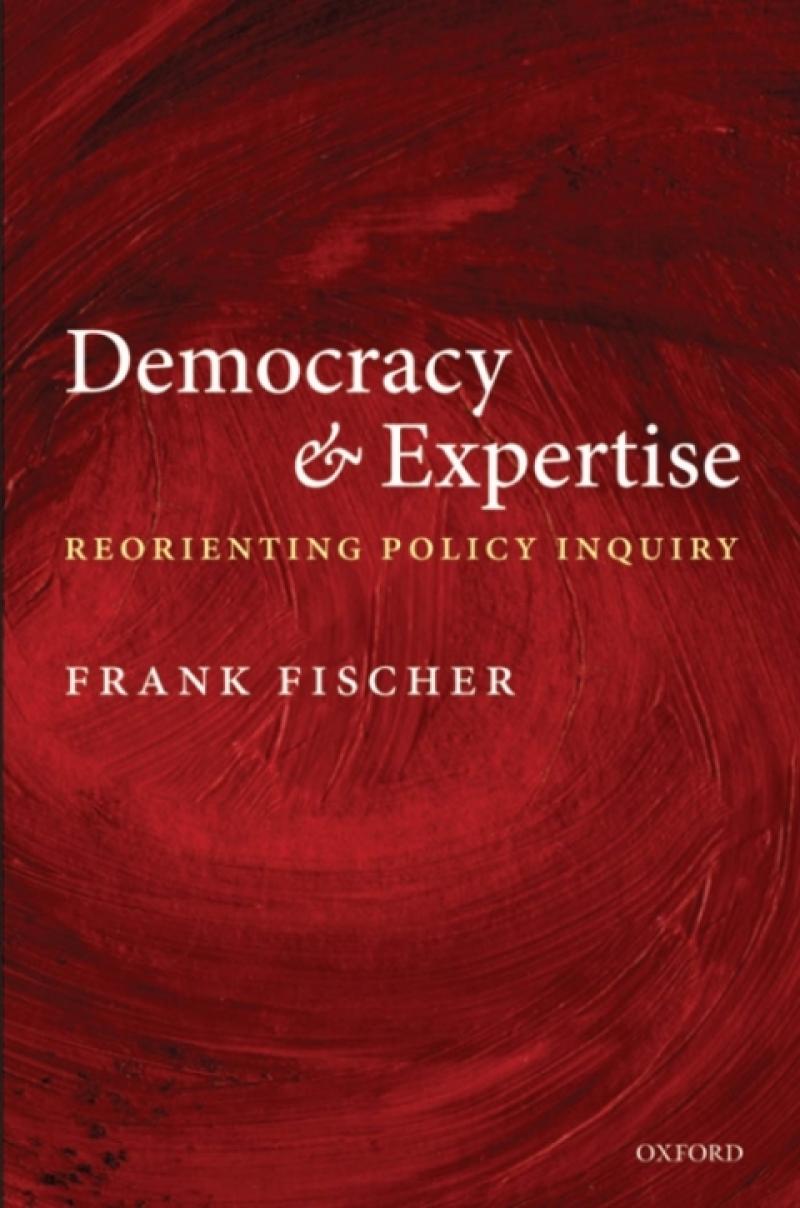This book examines the role of policy expertise in a democratic
society. From the perspectives of both political theory and policy
studies, the chapters explore the implications of deliberative
democratic governance for professional expertise and extends them to
specific policy practices. Following the lead of John Dewey, the
discussion focuses in particular on the ways professional practices
might be reoriented to assist citizens in understanding and discussing
the complex policy issues of an advanced technological society. In
doing so, it also explores how public deliberation can be improved
through more cooperative forms of policy inquiry. Adopting a
deliberative-analytic approach , policy inquiry is grounded in a
postempiricist, constructivist understanding of inquiry and knowledge
and the participatory practices that support it. Toward this end, the
chapters draw on thriving theoretical and practical work dedicated to
revitalizing the citizen's role in both civil society and newer
practices of democratic governance, in particular deliberative
democracy in political theory, practical work with deliberative
experiments, the theory and practices of democratic governance, and
participatory research. Deliberative practices are promoted here as a
new component part of policy-related disciplines required for
participatory governance. Calling for a specialization of "policy
epistemics" to advance such practices, the second half of the book
takes up issues related to deliberative empowerment, including the
relation of technical and social knowledge, the interpretive
dimensions of social meaning and multiple realities, the role of
narrative knowledge and storylines policy inquiry, social learning,
tacit knowledge, the design of discursive spaces, and the place of
emotional expression in public deliberation.
Les mer
Produktdetaljer
ISBN
9780191557804
Publisert
2020
Utgiver
Vendor
OUP Oxford
Språk
Product language
Engelsk
Format
Product format
Digital bok
Forfatter
